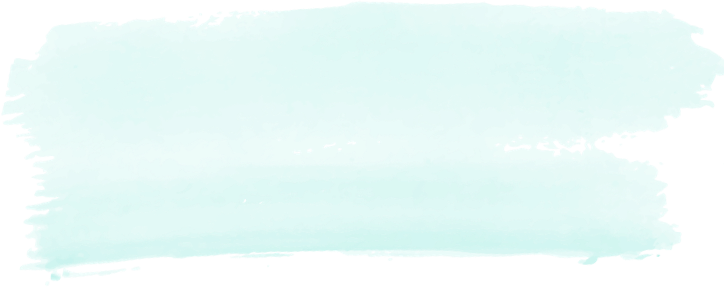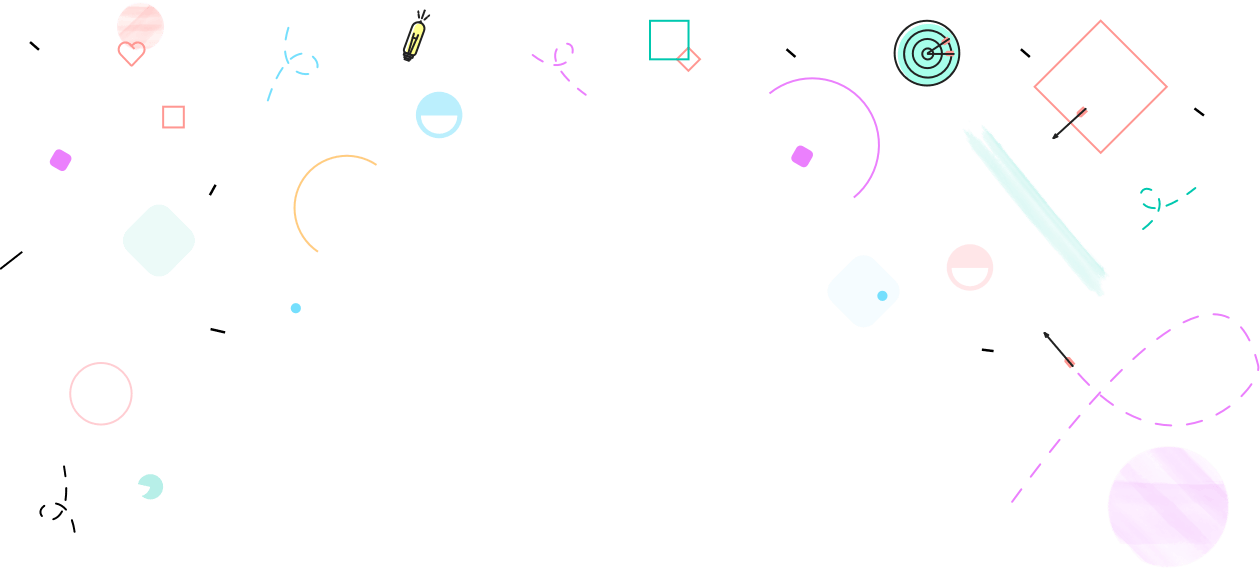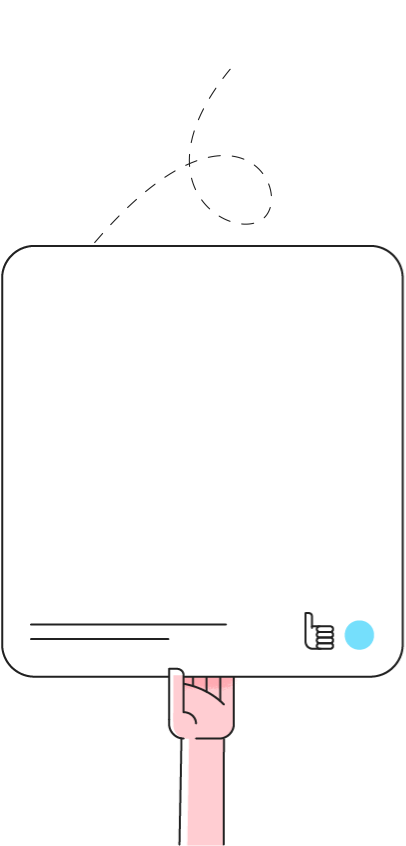Table of Contents
YouTube is being forced to respond to allegations by the Federal Trade Commission (FTC) of the insatiable platform violating the 1998 Children’s Online Privacy Protection Act (COPPA). The repercussions could mean kid YouTubers, those under the age of 13, losing millions and millions of dollars due to extreme changes brought to the platform.
The Accusation Explained
There are certain requirements this act mandates in which YouTube is being called out for completely ignoring as it comes to their children under 13-years. And the FTC is accusing YouTube of tracking these kids’ data, which would cause all of the young influencers to lose the opportunity to make money through creating videos.
- In September, Google, the owner of YouTube, agreed to pay up to $200 million in order to settle the FTC investigation while the FTC was looking into whether or not COPPA was violated.
- This all happened because a coalition of privacy groups called Commercial-Free Childhood filed complaints to the FTC that YouTube had been violating these children’s privacy and, in turn, receiving “substantial profits from the collection and use of personal data from children on YouTube.”
Many people, including executive director of coalition leader the Campaign for a Commercial-Free Childhood Josh Golin, spoke up about how this settlement wouldn’t really do anything to solve this violation of privacy. He said in a statement that the $200 million is “the equivalent of two to three months of youTube ad revenue,” and that “[this fine wouldn’t] level the playing field and serve as a deterrent to future COPPA violations.”
These YouTubers Will Stop Making Money
Creators are paid by YouTube based on their view time, as well as through ad revenue. The possibility of this revenue stream from YouTube only applies to videos aimed toward children, so the streaming platform plans on continuing to collect data on viewers that are aimed toward an audience of all ages.
Repercussions
There is the potential of content creators being fined for violating COPPA. The law allows for up to $42,530 of civil penalties with each violation that a creator could ensue. This alone is an intimidating fact that doesn’t make for much wiggle room for violations. However, according to Kristin Cohen of FTC, “the FTC considers a number of factors in determining the appropriate amount, including a company’s financial condition and the impact a penalty could have on its ability to stay in business.”
What Will Actually Change
The main things that are changing on YouTube are:
- Determining whether a creator’s channel/video is for an audience of children
- Extreme lack of ad revenue for kid YouTubers’ children-aimed videos
- Disablement of cookies that provide private information of underage viewers
As of 2020, all YouTube creators will have to explain what type of audience each video is directed at, by checking a box answering whether or not the video is aimed toward children. In addition, all YouTubers will be responsible for categorizing every single previously uploaded videos and their entire channel in order to define whether or not their content is made for kids.
Also, the potential of ad revenues will be almost completely lost for content creators posting videos aimed toward children, especially kid YouTubers themselves, due to the fact that YouTube is no longer able to present targeted ads alongside these videos. This was where the privacy breach started – YouTube has been pulling information from “cookies” which track users’ history of online activity.
One site predicted that ad revenue losses could be as great as 90%, due to disabling personalized ads. Creators have the option in their channel settings to disable these types of ads, which is exactly what the FTC and YouTube are mandating that children-aimed channels do. In doing this, potential young viewers will not have their privacy violated through the use of “cookies” and data collection, however, creators will be losing that much more money per view.
How Do Creators Feel?
These content creators are, as expected, not at all happy about the promised changes that’ll be brought to their channels.
- One creator, Danielle Pitts (Doopie), tweeted that the changes were “terrifying,” and that even though her videos aren’t directed at children, she could “still get fined $42,000 for marking them as meant for adults because it isn’t mature enough.”
- Alex Carducci, (RelaxAlex), produces gaming videos and urged his fellow creators and YouTubers to take it seriously, “If it doesn’t get more attention you can pretty much expect the end for gaming, animation, and cartoon videos on YouTube.”
- One Parry Gripp, Daytime Emmy-winning songwriter who makes kids’ videos about food and animals, also had a bone to pick with these huge changes. He tweeted: “Have any of you noticed that your videos marked “for kids” don’t show up in a google search? It’s as if Google is censoring all of my wholesome kid-friendly videos! No “Raining Tacos”! No “Space Unicorn”! Who does this help?”
COPPA is serious. If it doesn't get more attention you can pretty much expect the end for gaming, animation, and cartoon videos on YouTube.
Basically Thanos snap YouTube, that's whats happening. https://t.co/mLPiwruZUb
— Alax (@RelaxAlax) November 19, 2019
Top Children/Family Channels
- Sesame Street, 12.5M
- Jojo Siwa, 10.6M
- Stampy Long Head, 9.26M
- iBallistic Squid, 4.15M
- UniLand Kids, 71.4K
https://www.youtube.com/watch?v=H9KYvPMsdhw
What now?
Many executives and lawmakers at the FTC, Coppa, and Campaign for a Commercial-Free Childhood are extremely pleased with the steps YouTube is taking in disabling these privacy violations of young viewers, so there will likely be even more restrictions, reviews, and potential fines in the future. Meanwhile, child content creators, or kid YouTubers, are all affected due to the more strict, and potentially shady, adjustments to their upload process, video creation, and overall channel experiences. So while some parties are happy, there is an overall confusion and general fear amongst content creators, making the creative dream a harsh reality.















